Highlights
- Akira Toriyama reshaped anime with Dragon Ball, captivating audiences with dynamic storytelling and iconic character design.
- Dragon Ball’s global cultural impact transcended borders, popularizing anime in Western markets and inspiring a new generation of fans.
- Toriyama’s legacy lives on through his groundbreaking work, influencing countless creators in the industry and leaving an immortal mark on anime.
The anime industry, a world of creativity and imagination, has seen numerous visionaries who have left a mark on it. Among them stands Akira Toriyama, a man whose creative talents birthed one of the most iconic and influential series in anime history — Dragon Ball.
Toriyama’s journey from a budding manga artist to a titan of the industry is as captivating as the world he created within Dragon Ball. From its inception to its lasting legacy, Toriyama’s creativity, storytelling, and character design reshaped the landscape of anime and inspired generations of fans worldwide.
Early Career and Inspiration
Born on April 5, 1955, in Nagoya, Japan, Toriyama displayed an early passion for drawing, with influences drawn from Osamu Tezuka’s Astro Boy and Walt Disney animations. Despite facing initial setbacks and rejections, Toriyama’s perseverance eventually led him to a career in manga. He gained recognition for his work on series like Dr. Slump, showcasing his knack for blending humor with imaginative storytelling — an early indicator of that signature style that would define Dragon Ball.
Creation and Development of Dragon Ball
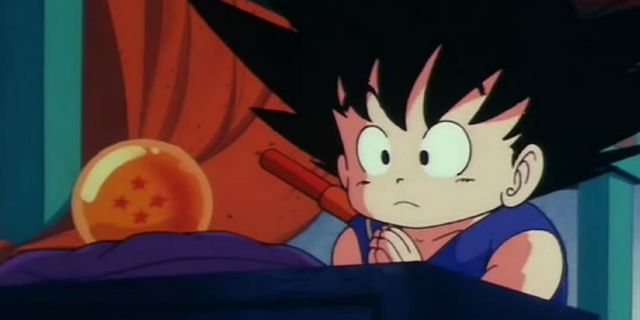
The Dragon Ball manga made its debut in Weekly Shonen Jump magazine on December 3, 1984, followed by the anime adaptation premiering on television on February 26, 1986. Akira Toriyama’s love for martial arts and fantasy, inspired by the classic Chinese novel Journey to the West, served as the foundation for Dragon Ball — a world filled with charismatic characters, mythical creatures, and exhilarating battles. As the series evolved, Dragon Ball Z furthered its success, introducing iconic characters such as Vegeta and Frieza, while expanding with universe-spanning conflicts. Following Dragon Ball Z,Dragon Ball GT continued the saga, exploring new adventures as Goku, now transformed back into a child, embarks on a quest across the galaxy to recover the scattered Dragon Balls. Despite mixed reception, Dragon Ball GT remains an integral part of the franchise’s history.
Later, Dragon Ball Super revitalized the series, exploring fresh storylines and characters while reinvigorating the franchise for a new generation of fans. However, during the Dragon Ball Special Panel at New York Comic Con 2023, an announcement for Dragon Ball Daima was made, with plans for its premiere in fall 2024. Toriyama unveiled details about the new series, revealing a plot where “Goku and his friends are turned small”, prompting them to embark on an adventure in a new world filled with intense action and mystery. Goku, now small in stature, relies on his Nyoibo (Power Pole) for combat, offering a nostalgic touch to the battles. Dragon Ball Daima isn’t the only new anime from the mind of Toriyama. Sand Land: The Series is set to stream on Disney+ Star’s “Star Anime Series” from Spring 2024 onwards.
What Was Dragon Ball So Impactful
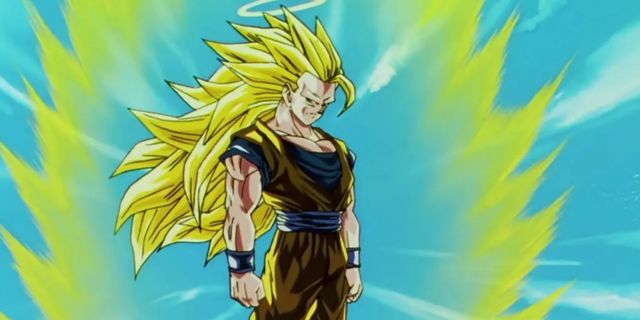
Akira Toriyama, through his groundbreaking work on Dragon Ball, transformed the world of anime in numerous ways, leaving an indelible mark on the medium. Here’s how:
Toriyama’s Storytelling in Dragon Ball was Revolutionary for Its Time
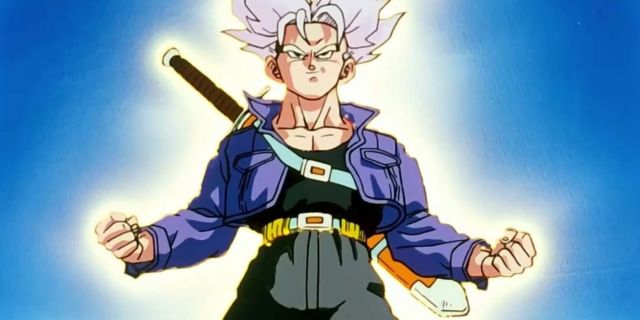
Toriyama blended elements of martial arts, fantasy, and adventure seamlessly, creating a narrative that appealed to a wide audience. The series introduced viewers to a new imagined world filled with memorable characters, epic battles, and overarching story arcs.
The Character Design is Iconic
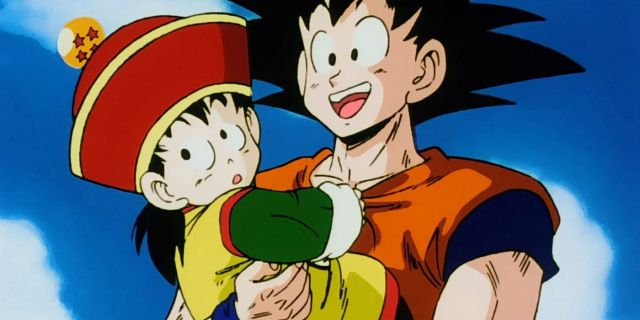
Toriyama’s character designs are instantly recognizable and have become iconic within not only the anime fandom, but the world. From the spiky-haired Goku to the villainous Frieza, each character is distinct and memorable.
The Action Sequences were Completely Different Than Anything Else
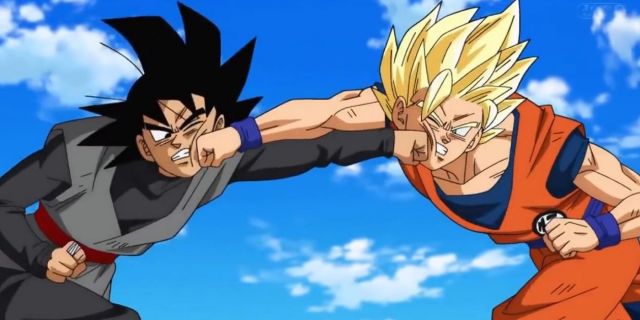
Dragon Ball elevated the standard for action sequences in anime. Toriyama’s dynamic fight choreography and inventive martial arts techniques set a new benchmark for intensity and excitement.
It Had a Global Cultural Impact
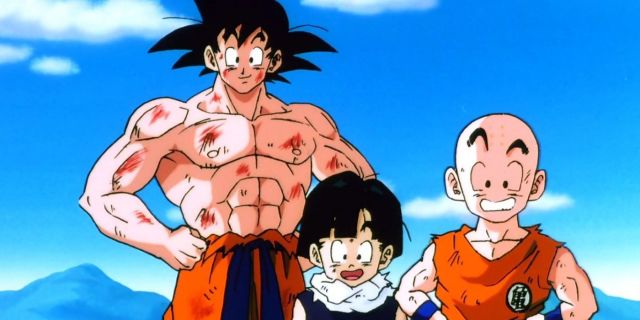
Dragon Ball’s global success introduced anime to a broader international audience, with its popularity transcending borders and inspiring a new generation of fans worldwide. A significant factor in its widespread recognition was its airing on Cartoon Network’s Toonami programming block, which helped to popularize anime in Western markets and further contribute to the globalization of anime culture. Dragon Ball’s presence on Toonami paved the way for future anime series to gain recognition on the global stage, solidifying its status as a cultural phenomenon with a lasting impact on the world of entertainment.
Impact on Anime
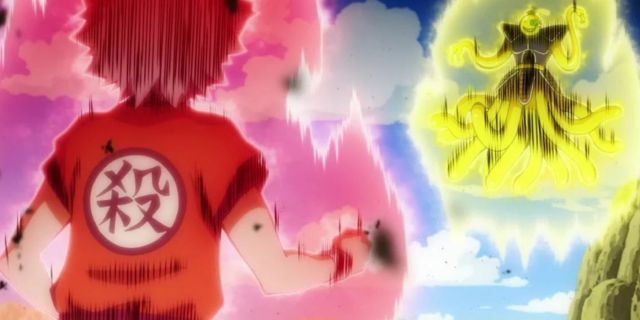
Toriyama’s influence can be seen in countless anime and manga series that followed Dragon Ball. Many creators cite Toriyama as a major inspiration, and his impact on the medium continues to be felt through the generations of artists and storytellers who have been inspired by his work.
One Piece
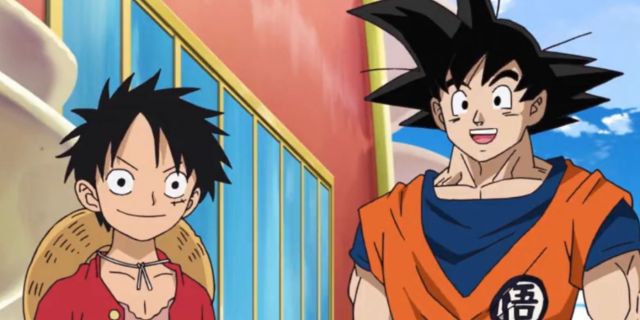
Eiichiro Oda’s One Piece draws clear inspiration from Dragon Ball, with Oda stating that the protagonist, Monkey D. Luffy, was directly inspired by Goku. Oda expressed his deep admiration for Toriyama upon his passing, highlighting the immense influence that Toriyama’s work had on him personally and on the industry as a whole. Oda talked about his childhood admiration for Toriyama, recalling the joy of being acknowledged by him and the significance of their collaborations, such as the Dream 9 Toriko x One Piece x Dragon Ball Z Super Collaboration Special.
For not only mangakas but also creators in various industries, the excitement and emotion of the time of
Dragon Ball
serialization must have taken root in their childhood. His existence is like a big tree.
It originally aired on April 7, 2013, on Fuji TV. This animated crossover television special was created to celebrate the third year of the Toriko anime, which premiered in April 2011. The special featured characters from Toriko, One Piece, and Dragon Ball Z. Additionally, their collaboration on Cross Epoch, a crossover story featuring characters from both One Piece and Dragon Ball, was released as a one-shot manga chapter in the December 25, 2006, issue of Weekly Shonen Jump magazine in Japan.
Naruto
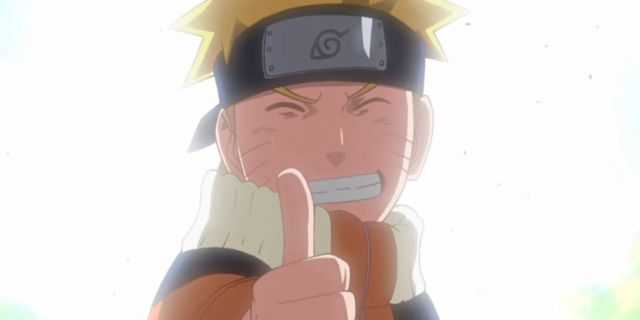
As with Luffy, Naruto was also inspired by Goku. Masashi Kishimoto’s Naruto series shares similarities with Dragon Ball in its focus on martial arts, supernatural powers, and the journey of a young hero striving to become the strongest in his world. With its intense fight scenes and themes of friendship, perseverance, and self-discovery, Naruto resonates with fans of Dragon Ball and continues to captivate audiences many years later. From childhood into adulthood, Kishimoto states that Dragon Ball served as a comforting escape and source of creative inspiration for him. Kishimoto reflects on the impact Toriyama’s manga had on his own aspirations to become a manga artist.
…and Many More
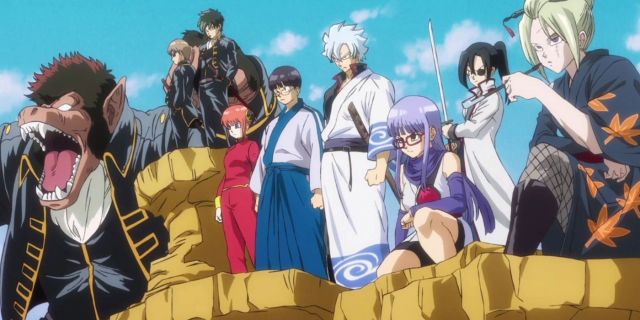
Dragon Ball’s influence extends beyond One Piece and Naruto, with numerous anime paying homage to Toriyama’s iconic series through references and parodies. In Jujutsu Kaisen, Itadori Yuji references several anime while training with Gojo Satoru. He says, “I wanted to pull off a Spirit Gun, Bankai, Rasengan, Dodon Ray. I wanted to fire off a Kamekameha.” This is a reference to Yu Yu Hakusho,Bleach,Naruto, and DBZ, respectively. In One-Punch Man, Vaccine Man bears a resemblance to a Namekian, voiced by the same actor as Piccolo, Christopher Sabat. Likewise, Gintama features multiple references to Dragon Ball Z, including scenes reminiscent of Goku’s fight against Nappa, comedic Kamehameha attempts, and an amalgamated show called DragonBleaPiece. Assassination Classroom pays tribute with images resembling the Raditz-Goku battle when Itona declares himself Korosensei’s brother. Additionally, Spy × Family features a scene where Damian imagines himself on Planet Namek resisting Frieza’s Death Ball.
Akira Toriyama’s Legacy Will Live On
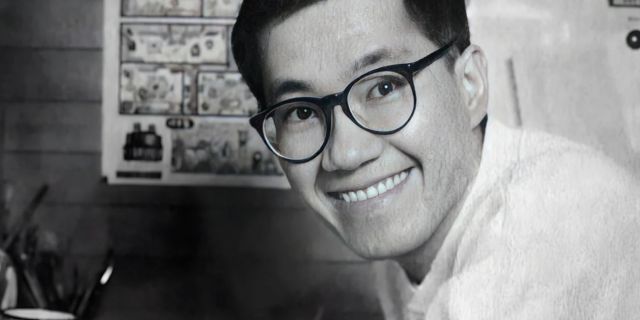
On March 8, 2024, it was announced that Akira Toriyama had passed away on March 1, 2024, due to a blood clot in his brain, as confirmed by his production company Bird Studio. A funeral service was held with only his family and a few relatives in attendance. Toriyama’s passing prompted an outpouring of grief from fans worldwide, who took to social media to share pictures, video clips, and testimonials in honor of the beloved creator.
This response underscores the profound impact of Toriyama’s legacy, which will continue to resonate deeply within the hearts of fans around the globe. Through his unparalleled creativity and visionary storytelling, Toriyama revolutionized the anime industry, leaving a mark that transcends the boundaries of time. His magnum opus, Dragon Ball, stands as a testament to his talent, captivating audiences with its lore, dynamic characters, and epic battles. Beyond the confines of anime, Toriyama’s influence extends into popular culture, inspiring countless adaptations, tributes, and fan creations. Though Toriyama may no longer walk among us, his spirit will continue to live on through the enduring legacy of his work, ensuring that future generations will continue to be enthralled by the timeless magic of Dragon Ball and the creativity of its creator. In this way, Toriyama’s legacy remains immortal and serves as a source of inspiration to not only anime fans but to people everywhere.
Source: Shonen Jump
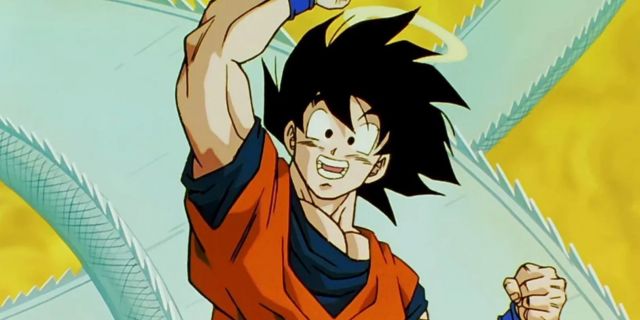











Leave a Reply